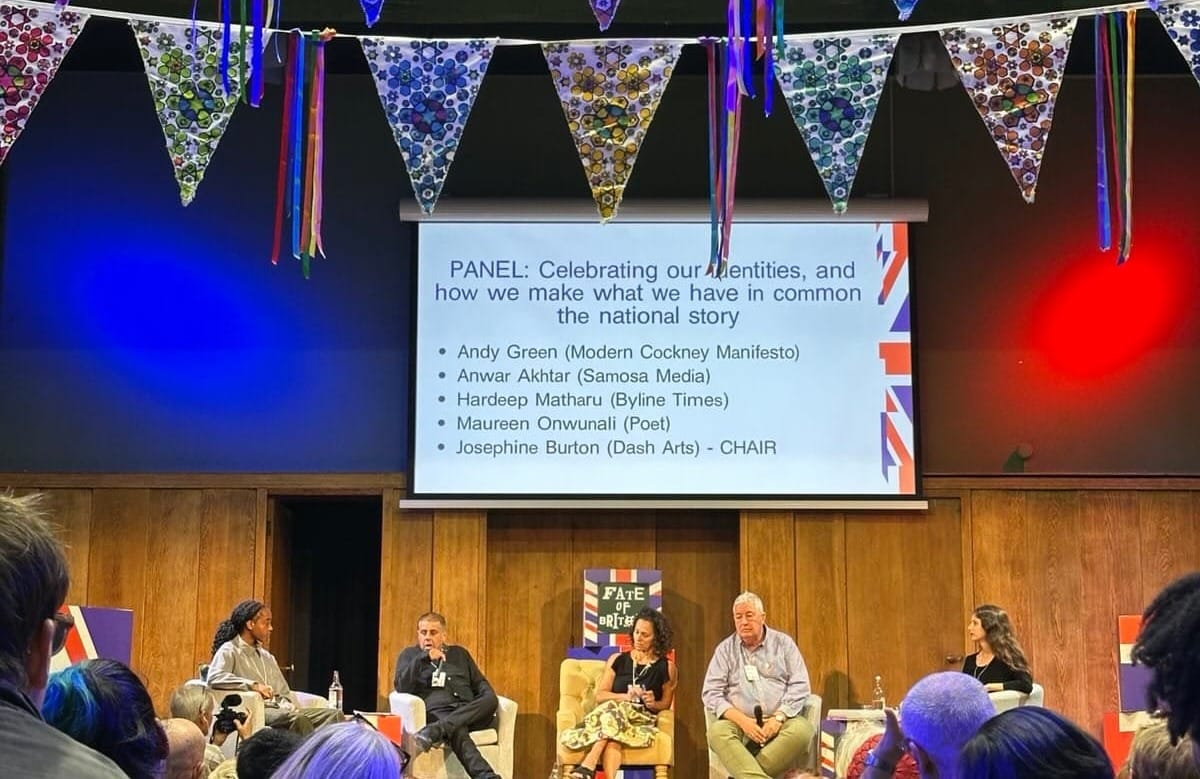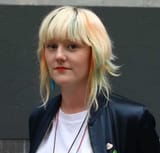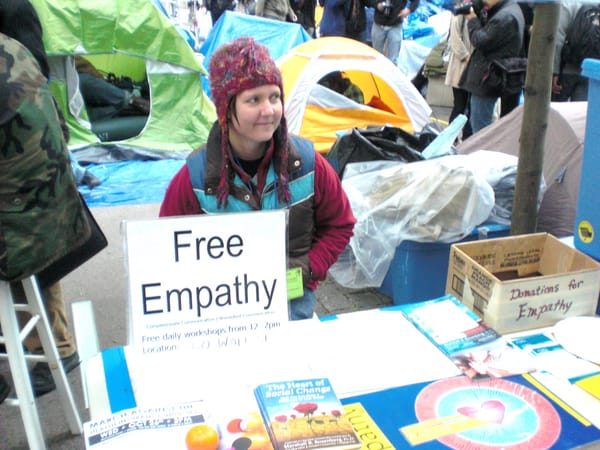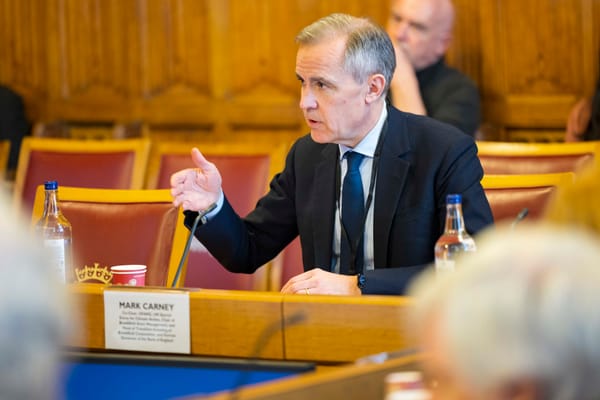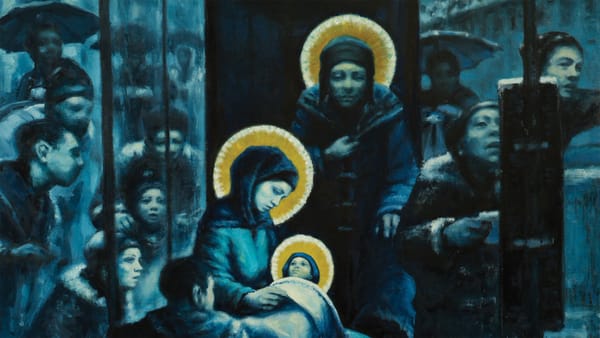Taking fate into our own hands
Our Convention on the Fate of Britain was a party for the people who keep the country running.
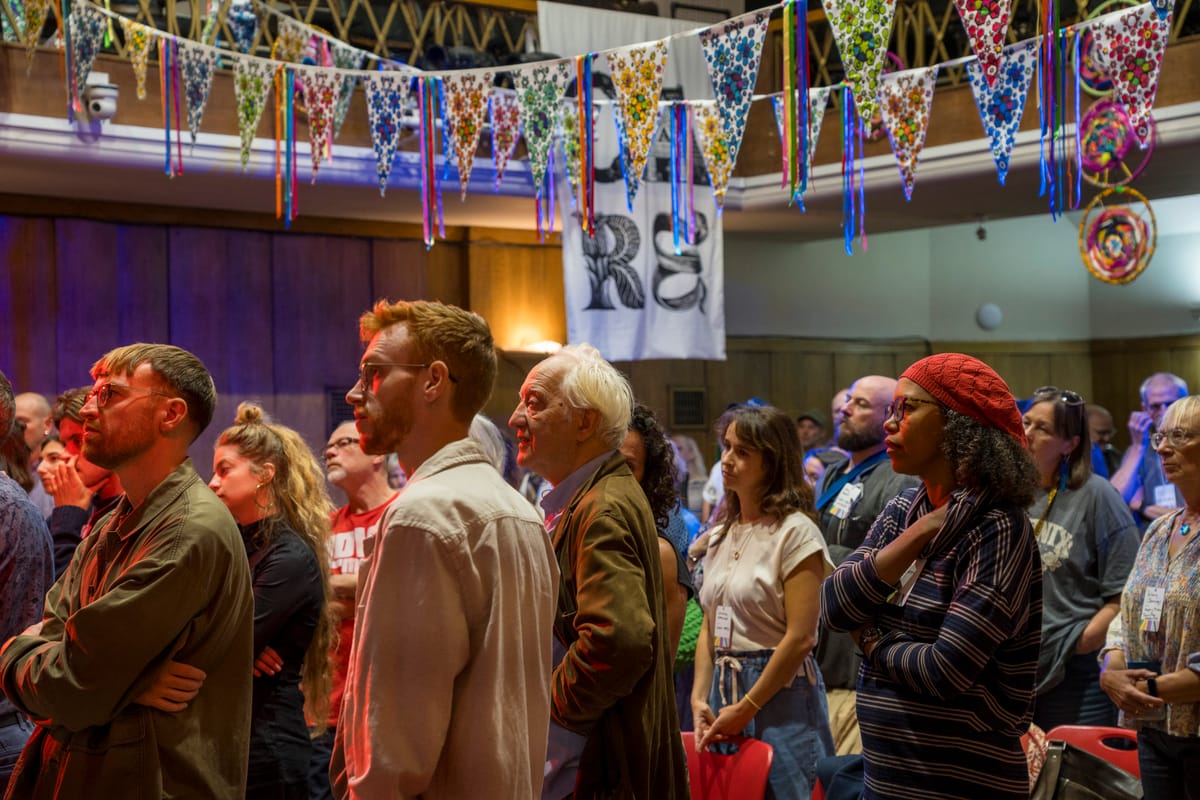
We had the privilege to host the Fate of Britain Convention last Thursday, and it was a joy. Thank you to everyone who came and made it what it was.
We rolled with the tube strikes and traffic; the adversity of getting to the venue brought people closer, as adversity often does. We shared, we took part, we sang. By the end people told us:
- “How you’ve done this, it’s clear you really care”
- “It’s given me heart”
- “Best event for ages, full of heart”
- “I felt a sense of delight and like I was home”
- “Thoroughly enjoyed myself”
- “Networked like a maniac”
- “I spoke to EVERYONE”
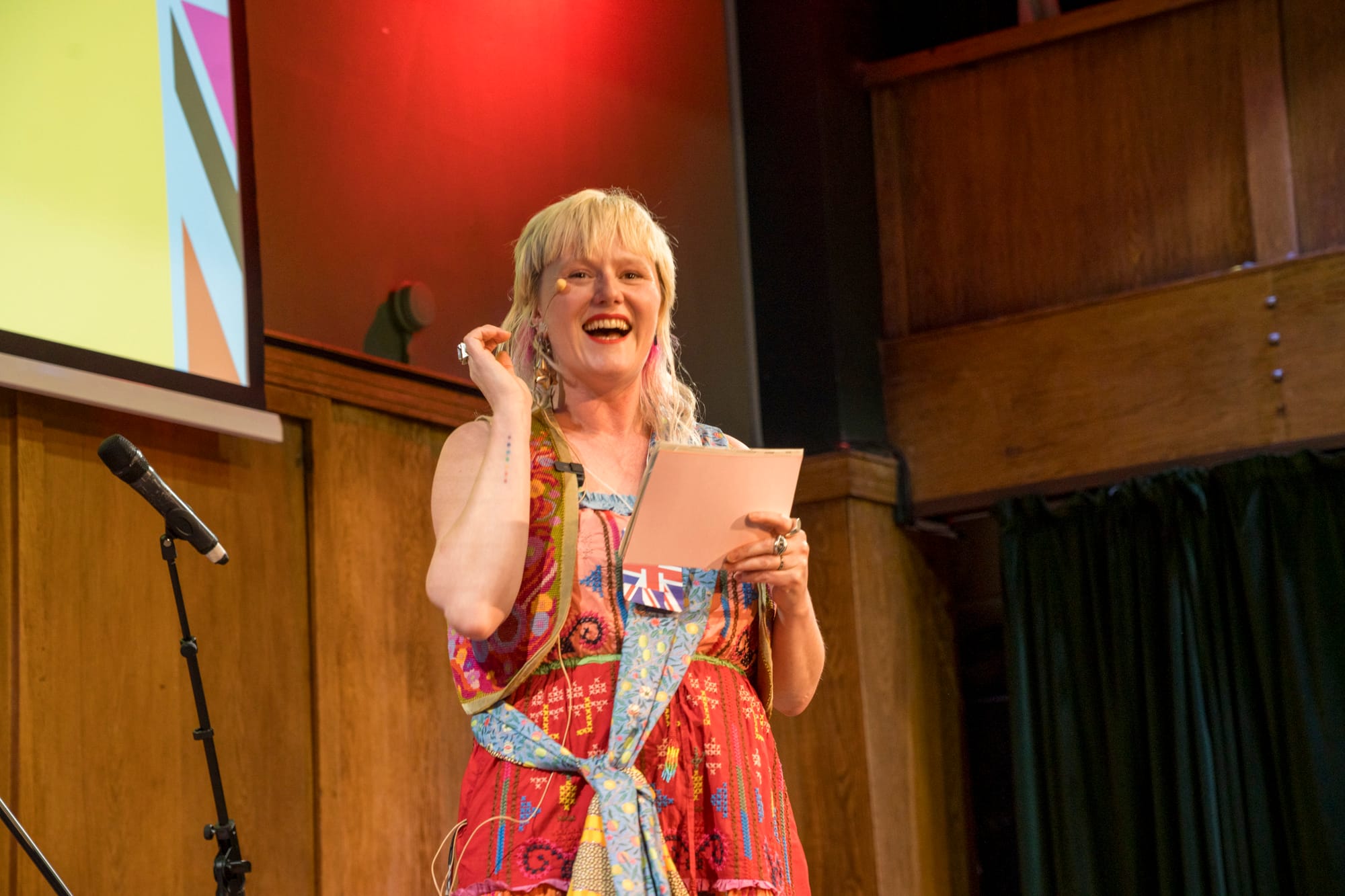
And yet, Thursday can only be just a rehearsal. We ended it by saying it will be bigger next year. And we’ll keep the momentum between now and next year going. And that momentum will be in doing the things that need to be done, brought into sharp contrast by this weekend’s Tommy Robinson march in London. (Some essential reading here from Amahra Spence, Lee Jasper, Dr Asad Raffi, John Harris, Liam Byrne).
By the way, we did speak at the Convention about the problems of names. We settled on that there is no good name for who we all are together on these islands: Britain, the UK… etc. But from across our nations and neighbourhoods, we all come together to figure it out anyway.
Maybe the best name for us all is the oldest? Humanity.
Why did we run the Convention?
Anyway, why did we run a convention on the fate of a country like Britain? Other than to have a joyful time with so many just lovely people?
A country like Britain, which seems locked into a story of obsession with elite power and obedience. A country desperately trying to retain a permanent state of economic growth only so that more and more can be sucked up by the people who’ve already got more than their fair share, every passing day.
A country where in the last 10 years, children have become shorter. A country where the basic measurements of public health have all been in decline, despite the fact that we are one of “the richest countries in the world”. A country where we elected a so-called Labour government under the banner of change, only to see incremental tinkering, and huge cowardice in the face of the genocide in Gaza and the cost of living crisis that continues to make so many lives a daily struggle.
Well, we believe the strategy of getting good people together in one place to connect, so that everyone can feel together what it could feel like in the country (if only we were in charge and changed things), is the strategy to tackle all those issues.
First connect, then get on
Part of the strategy. We believe the political transformation and the revolution in consciousness that we need will come from a sense of collective power and bottom-up wisdom, yes. And you get that from connecting, as our wonderful camerado and co-host for the day, Maff Potts, told everyone.
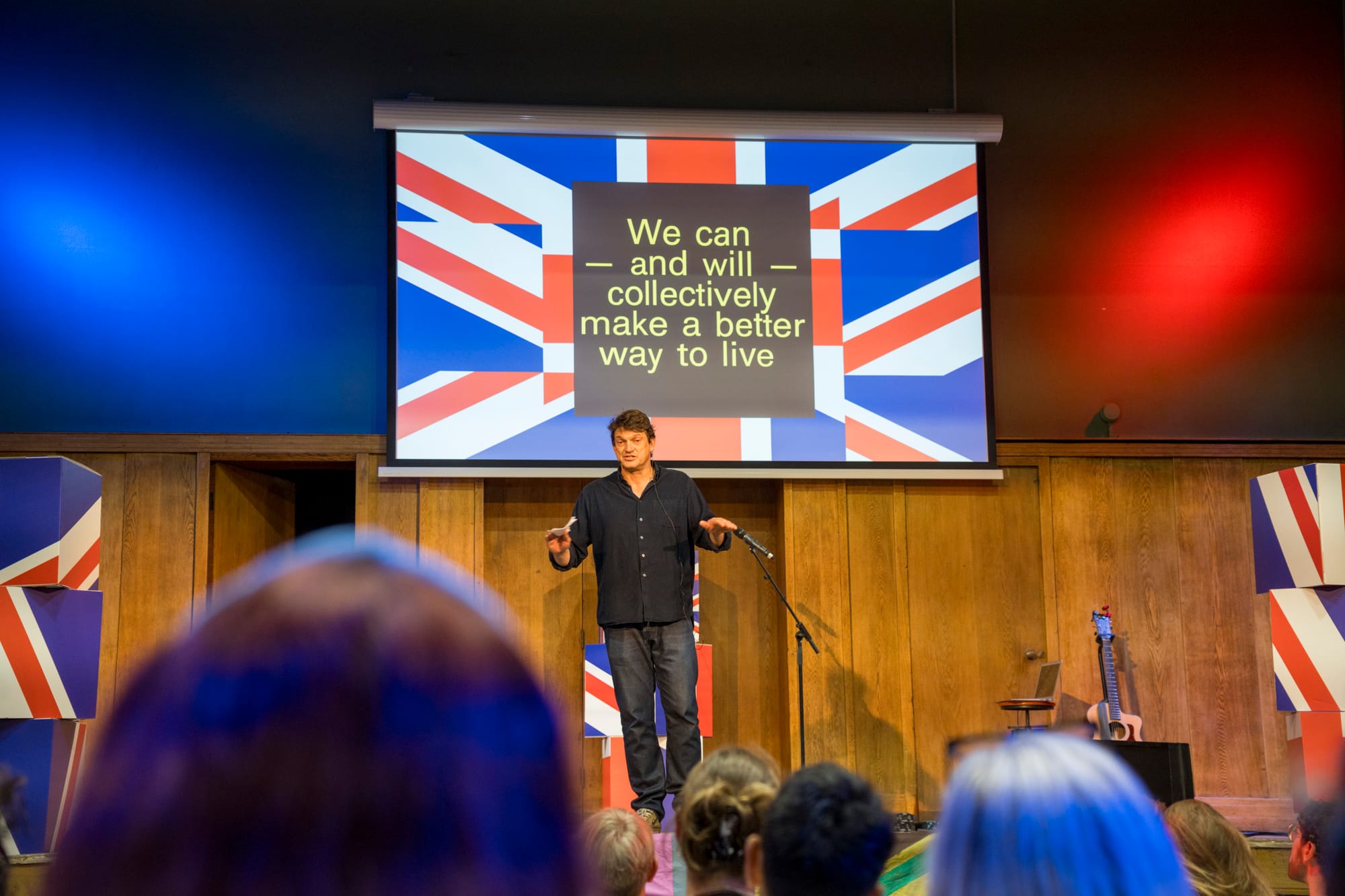
But only if it leads to us doing things together.
But that’s okay. Because the people in the room – about 200 – are the people who already keep the country running where they live. And we think it’s worth creating political territory for them, a place to meet, a convention for us: the people who do the day-to-day politics of Britain really well.
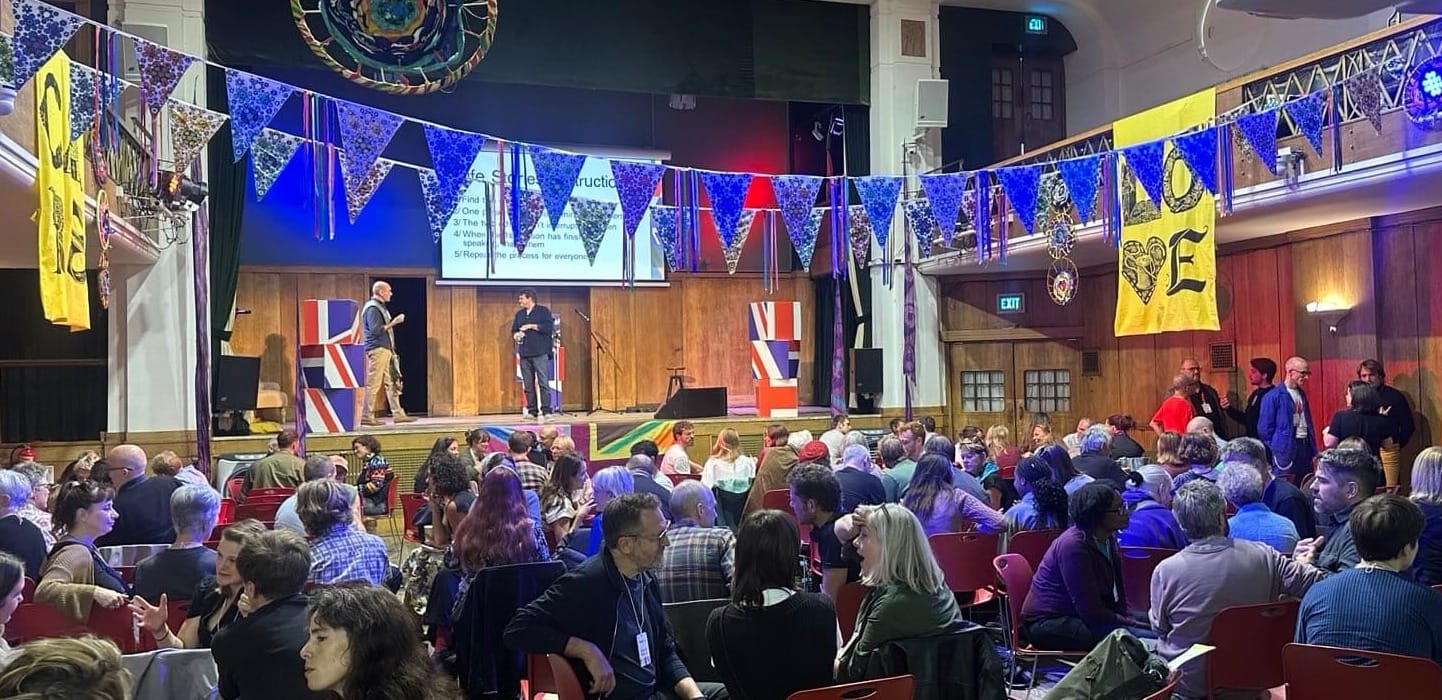
These are the people who organise, who strategise, who fundraise, who create time and resources where there is need.
The leadership that we need already exists. It’s these people – and the people who couldn’t come, too, and those we’re yet to meet.
We were so excited that people joined us from all across our nations and neighbourhoods to share stories of empowerment and success. Not only a multiplicity of stories, but each story a multiplicity, each of us in our humanity complex, nuanced, beautiful, and alive (as one of our panellists, Hardeep Matharu, put it).
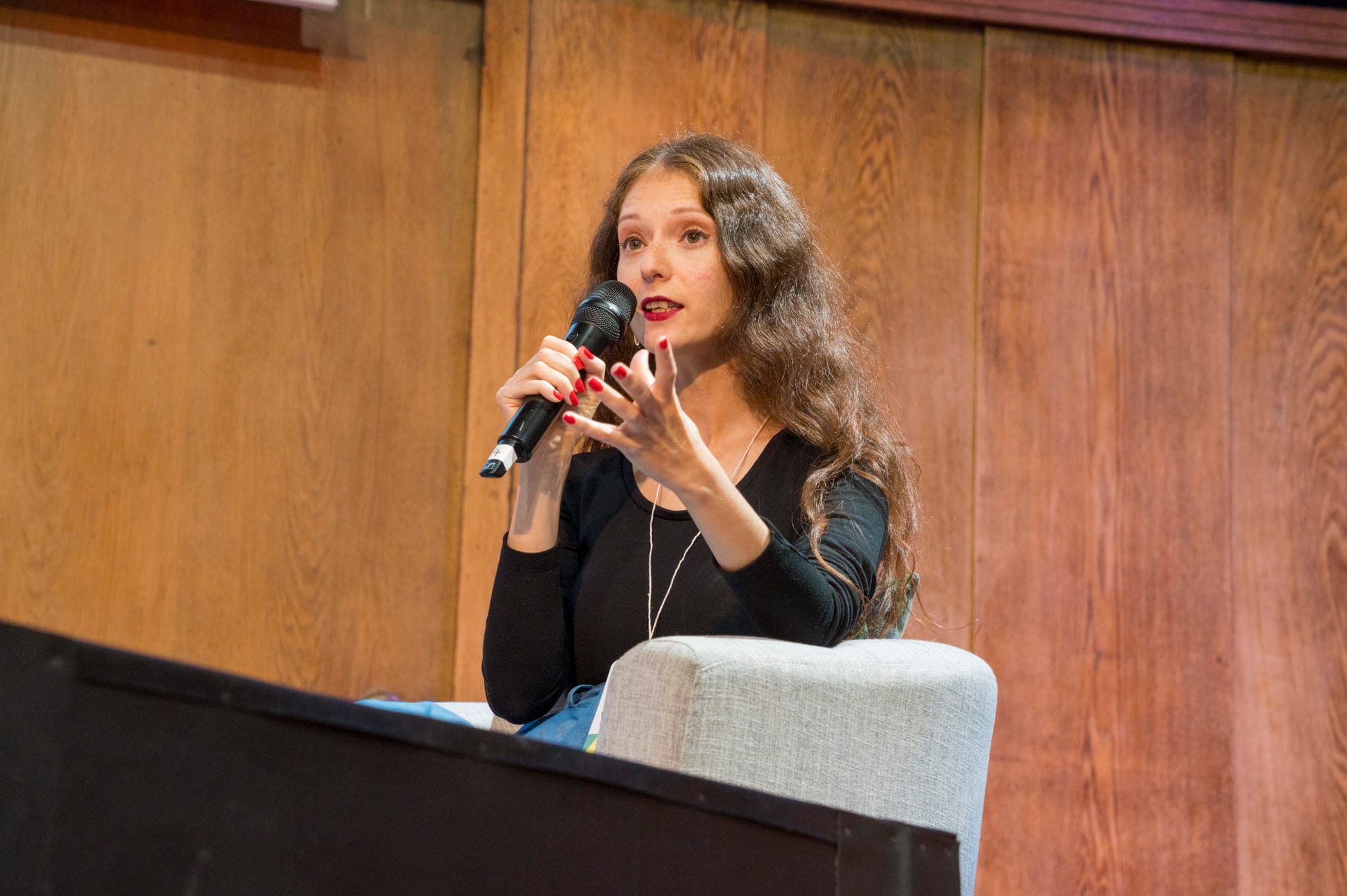
Who’s in charge needs to change
The narrative of who’s in charge needs to change. It needs to be everyone. Everyday people, through a transformation of our democracy, so we can put power into the hands of the good people of these islands who care for their neighbours, who care about the future of their nations and neighbourhoods more than corporate businesses do, or the politicians out to line their own pockets.
Just as one example, over the last few years, I’ve met many people working in food services, providing solutions to food waste (which is reaching obscene scales due to the nature of our business and corporate structures), people who are tackling basic issues of poverty, like children food, and needing uniforms, or needing football boots simply so they can participate in school life.
These are the people who keep this country running.
So why don’t we have them run the country?

Or those people who get organised to ensure that low income communities and the working poor don’t live in data poverty; who can’t administer their own lives simply because they can’t get online because they can’t afford it? As the old saying goes, being poor is expensive.
The people who organise data banks are the people who keep this country running. Why don’t we have them run the country?
Why do we let an economy that’s rigged against most of us keep going? Why do we let a narrative about who has the right to rule over us persist?

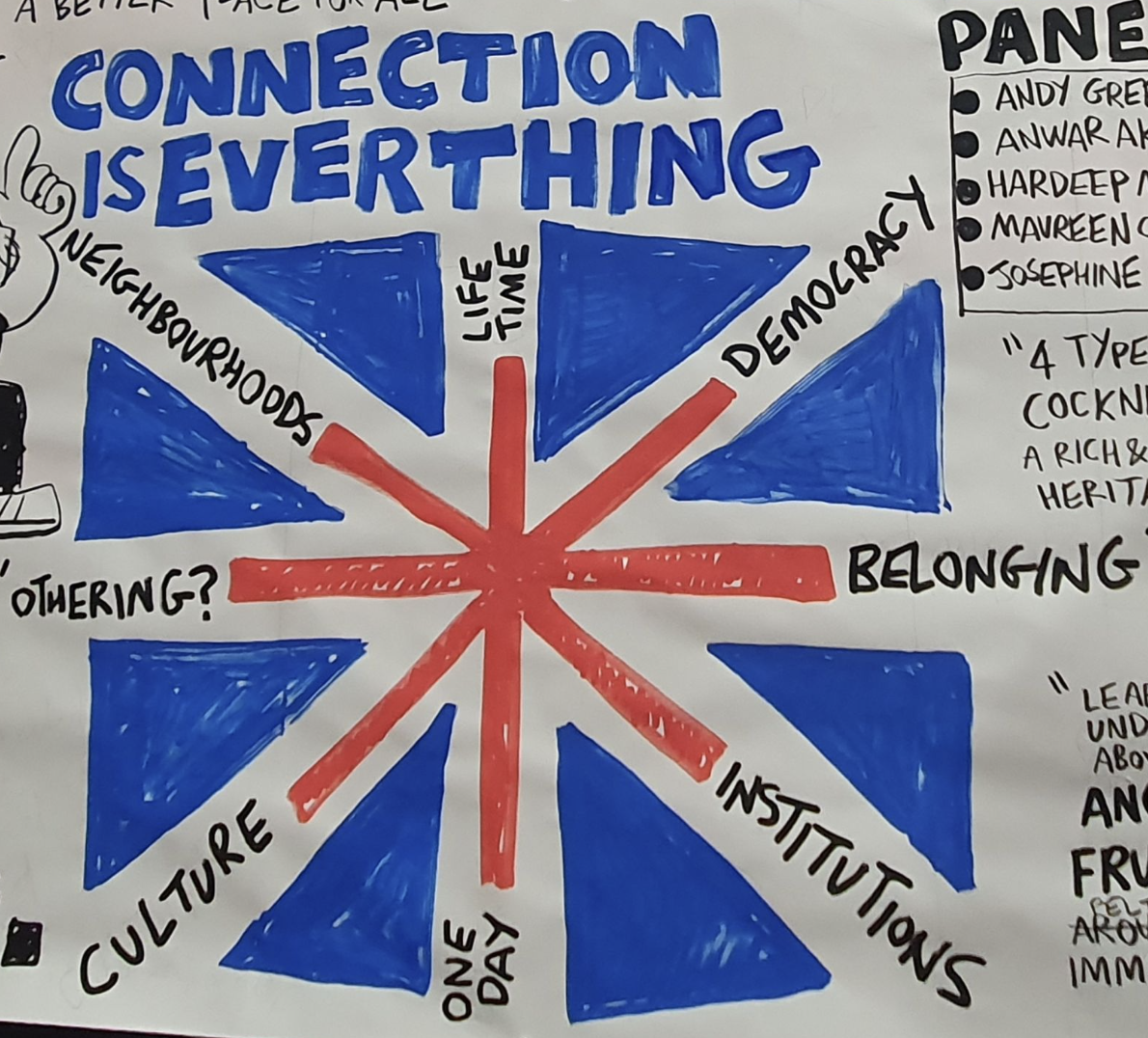
Already doing the work
What the Fate of Britain Convention showed us so clearly is that there are already so many doing the work to make where we live brilliant, welcoming, secure, and happy. Who make our neighbourhoods safe and thriving. Why don’t we have them do the same for our nations?
What we need is a transformation in our democracy, a revolution in how we govern ourselves. It’s a similar message to Reform’s: there’s a revolt, and things are going to change. Only we believe that most people don’t want that to be at the expense of those who have less than us.
So the Fate of Britain puts a new convention on the political calendar at the beginning of party conference season.
We did this to suggest that there's already a political force here that just hasn’t realised itself as capable of running the country yet.
But it will.
We can change our reality forever by building power in our neighbourhoods, by taking power and governing ourselves in a way that can live up to the term democracy.
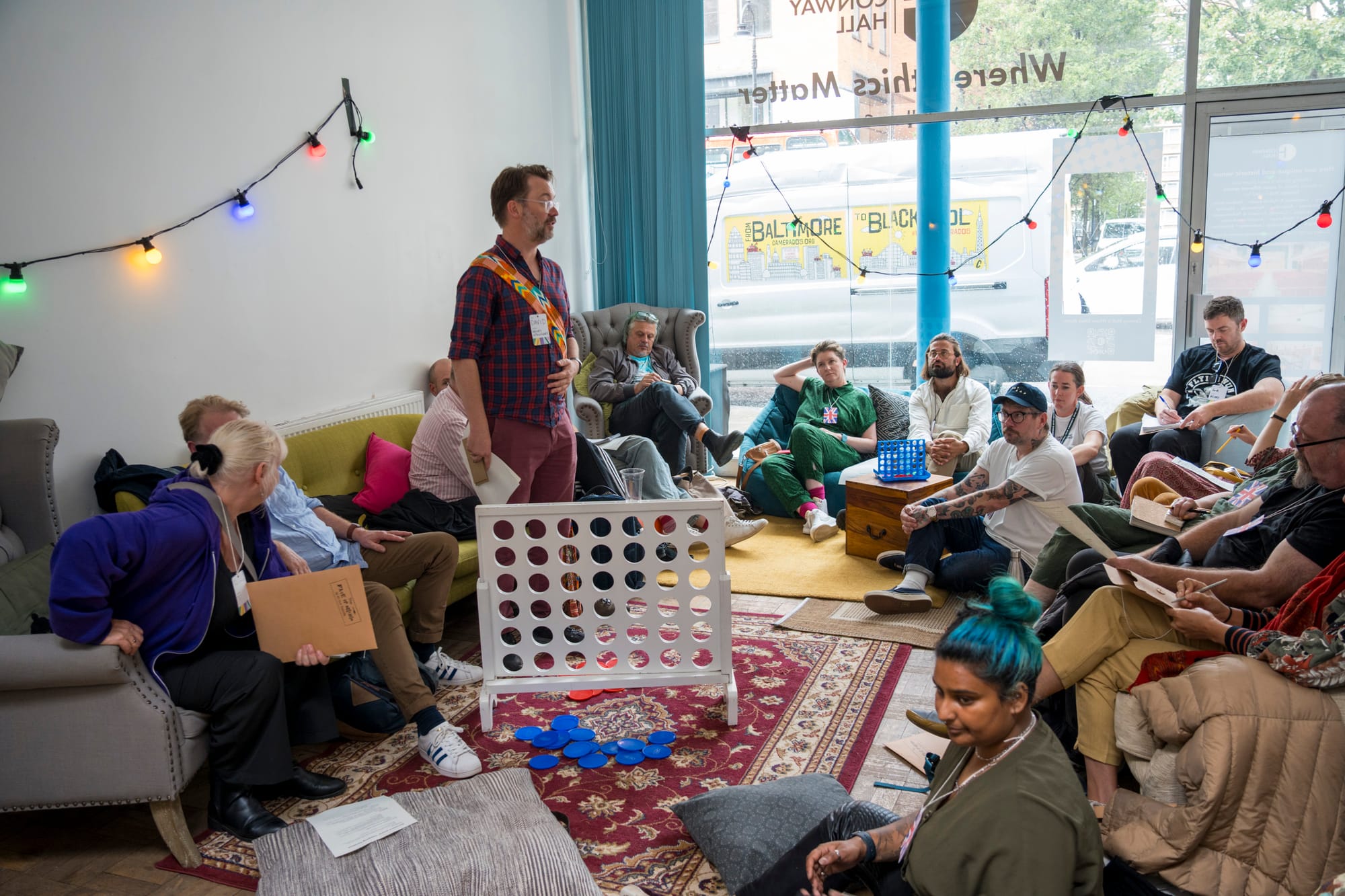
The tasters at the Fate in charter writing, in using food to help community connection and mutual aid, in building an intergenerational movement, in becoming power literate, were all just quick glimpses of the tools to build a better world through participation in democracy. (And thank you to everyone who came, volunteered, organised, moved chairs, improvised, and sang.)
Now it’s time to build out, and do this everywhere, and in doing so, redefine democracy itself.
As we like to say: the fate of who we are, and want to be, is in our hands.
